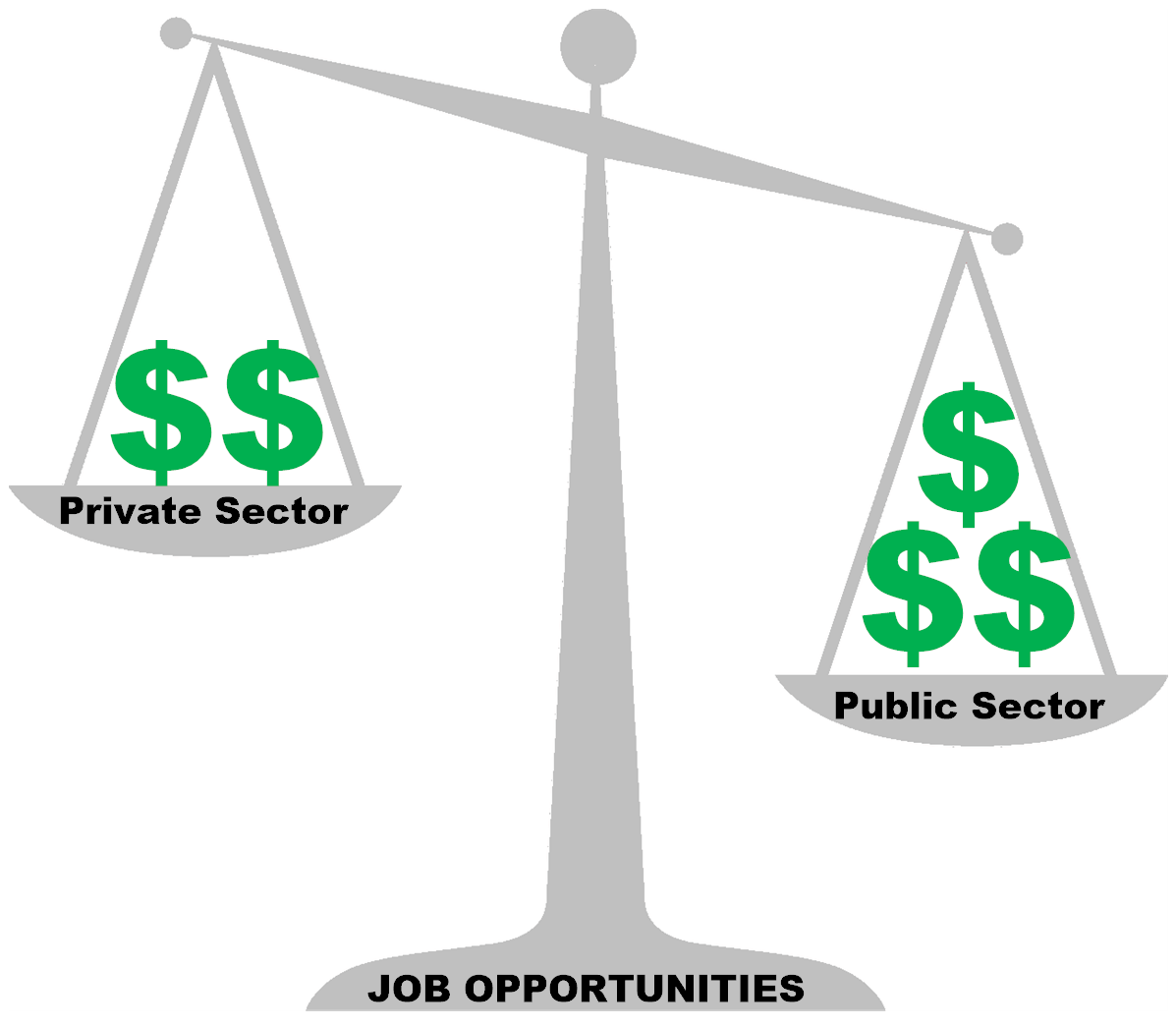According to the its spokesperson, Tony Sellars, The Oklahoma State Department of Health has notified contractors for Federally Qualified Health Centers and Oklahoma Child Abuse Prevention programs that state funding is ending due to budget constraints. The agency cash crunch will result in approximately 250 layoffs, mostly happening at county health departments located in communities across the state. The situation remains fluid.
Sellars is quoted as saying that it’s not entirely clear how the funding shortfall occurred, but he says it’s unrelated to budget cuts as a result of declining legislation appropriations. He further claims that the agency has asked the state auditor’s office to conduct a special audit to examine its financial status.
Twenty-five contracts and nine contractors will be affected by the decision. The total amount of savings for the agency is expected to be more than $3 million dollars. FQHC contracts provided for reimbursement of medical expenses not covered by insurance or other funding. OCAP contractors provided home visitation programs in several regions throughout the state. The agency is continuing to evaluate additional cost cutting measures. A furlough for all employees making over $35,000 that will require one furlough day per two-week period starting October 29 had previously been announced.
This is the type of government balderdash that makes me crazy. The spokesman is clearly attempting to give the legislature a pass even though they reduced the budget. Claiming that there might be irregularities in their finances is tantamount to suggesting fraud or malfeasance. One does not make a $10 million dollar mistake without someone noticing the error. But, since this is a government agency, there is another possibility – this is a pressure play on taxpayers and the legislature since child abuse prevention programs are involved. Then there is the cigarette tax which was struck down as unconstitutional by the state Supreme Court and the backroom negotiations on replacing anticipated funds. We will continue to watch the situation to see if anything really happens.


